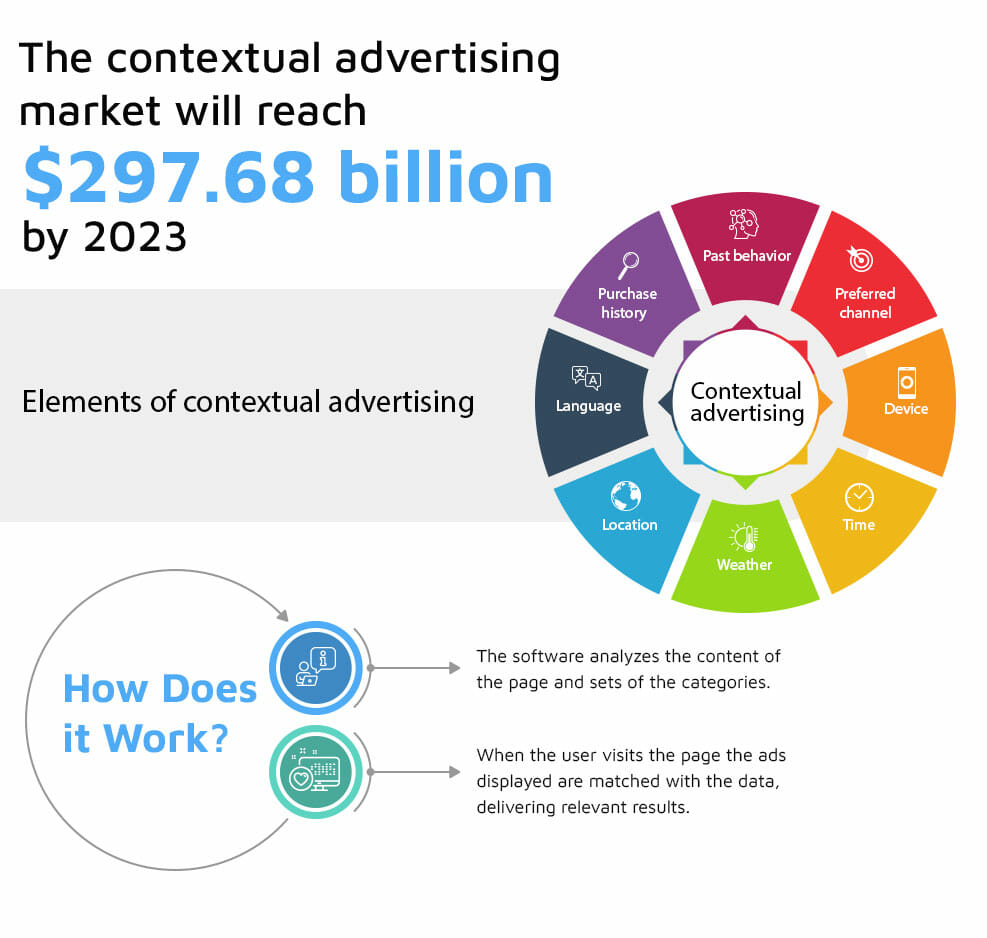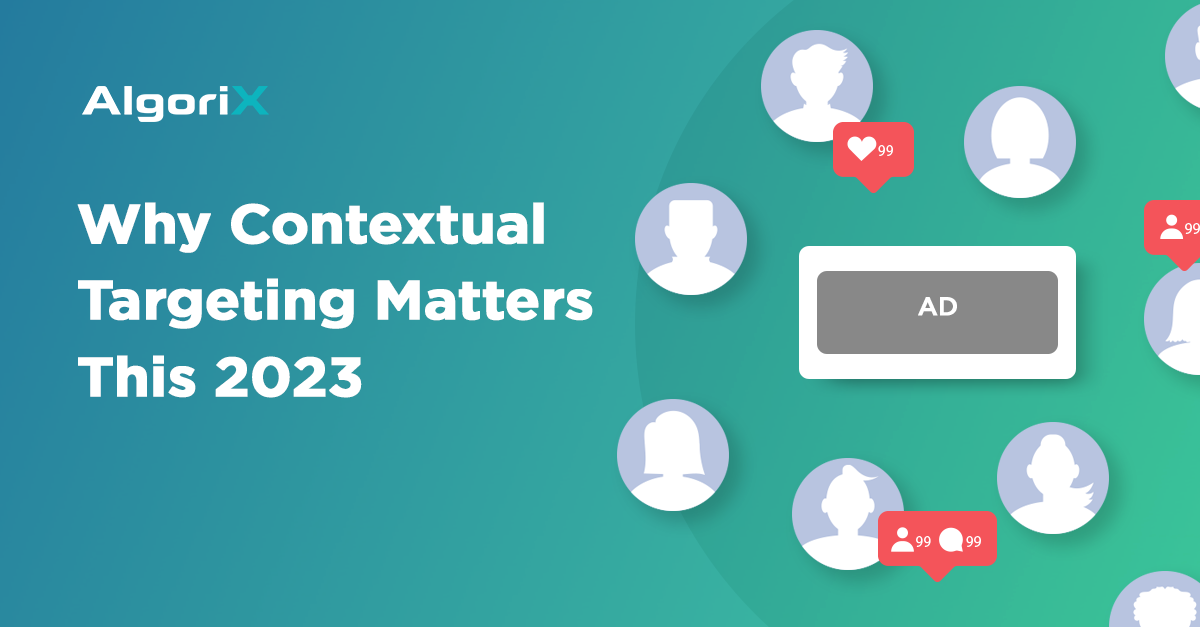
With third-party cookies set to be completely phased out in Chrome by 2022, contextual targeting is currently attracting attention from many marketers.
Why is contextual targeting, which has been under the radar for many years since it first appeared in the early 2000s, now in the spotlight?
In this article, we will provide a detailed overview of contextual targeting and why it is becoming increasingly important.
Source:
4 reasons why contextual targeting matters more than ever
What is contextual targeting?
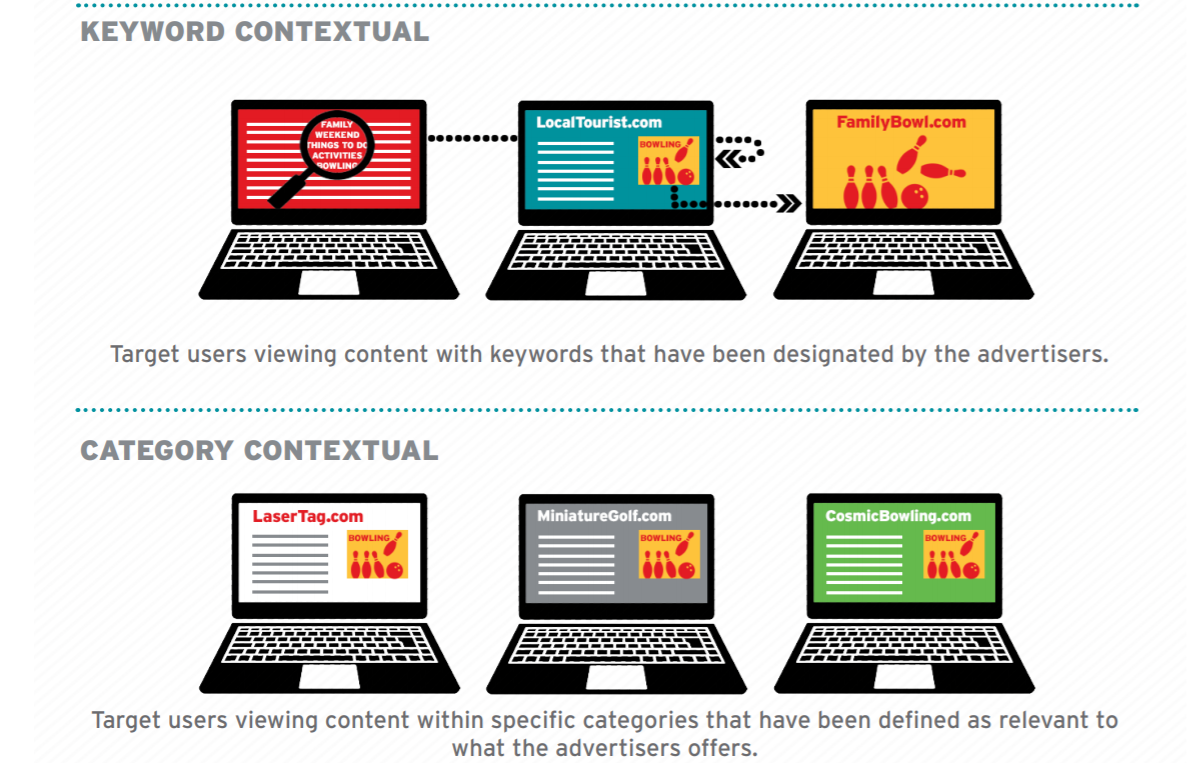
Source:
4 reasons why contextual targeting matters more than ever
Contextual targeting is a term that refers to a method of advertising delivery, also known as content-linked advertising. Simply put, it is an advertising method that analyzes the information on each web page on the Internet, selects the most appropriate advertising content for that content, and automatically distributes it.
By displaying highly relevant advertisements on the page the user is viewing, the system allows users to contact advertisers in their field of interest.
For example, if a “motorcycle” brand sets a keyword that it wants to target, that ad will be automatically posted on related web pages such as “motorcycle travel” or “motorcycle maintenance.” It is also possible to display content by category, such as “outdoor” or “sports.”
As shown in the diagram above, if you want to sell “glasses,” you can post it in related category content, such as a web page that introduces “books.”

The key point is that the advertisements displayed do not feel strange to users, and that they can naturally approach only those consumers who are likely to be interested.
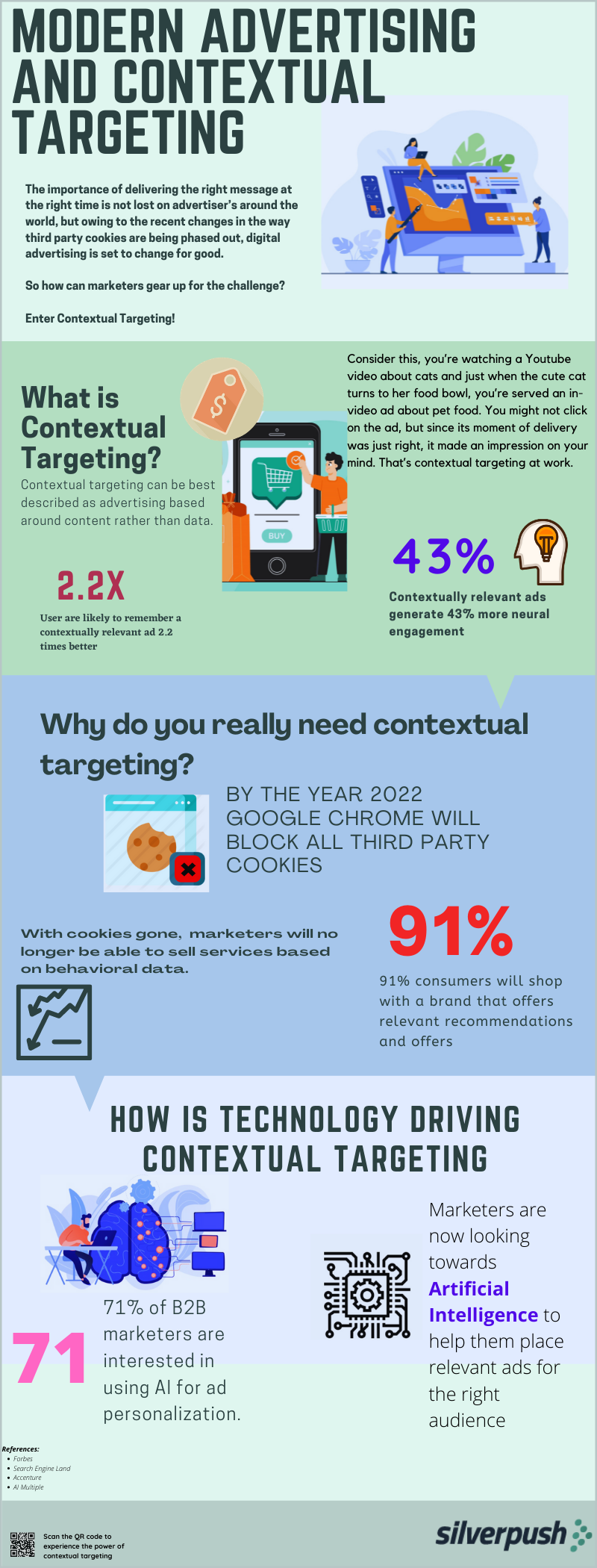
What is the reason for the new review?
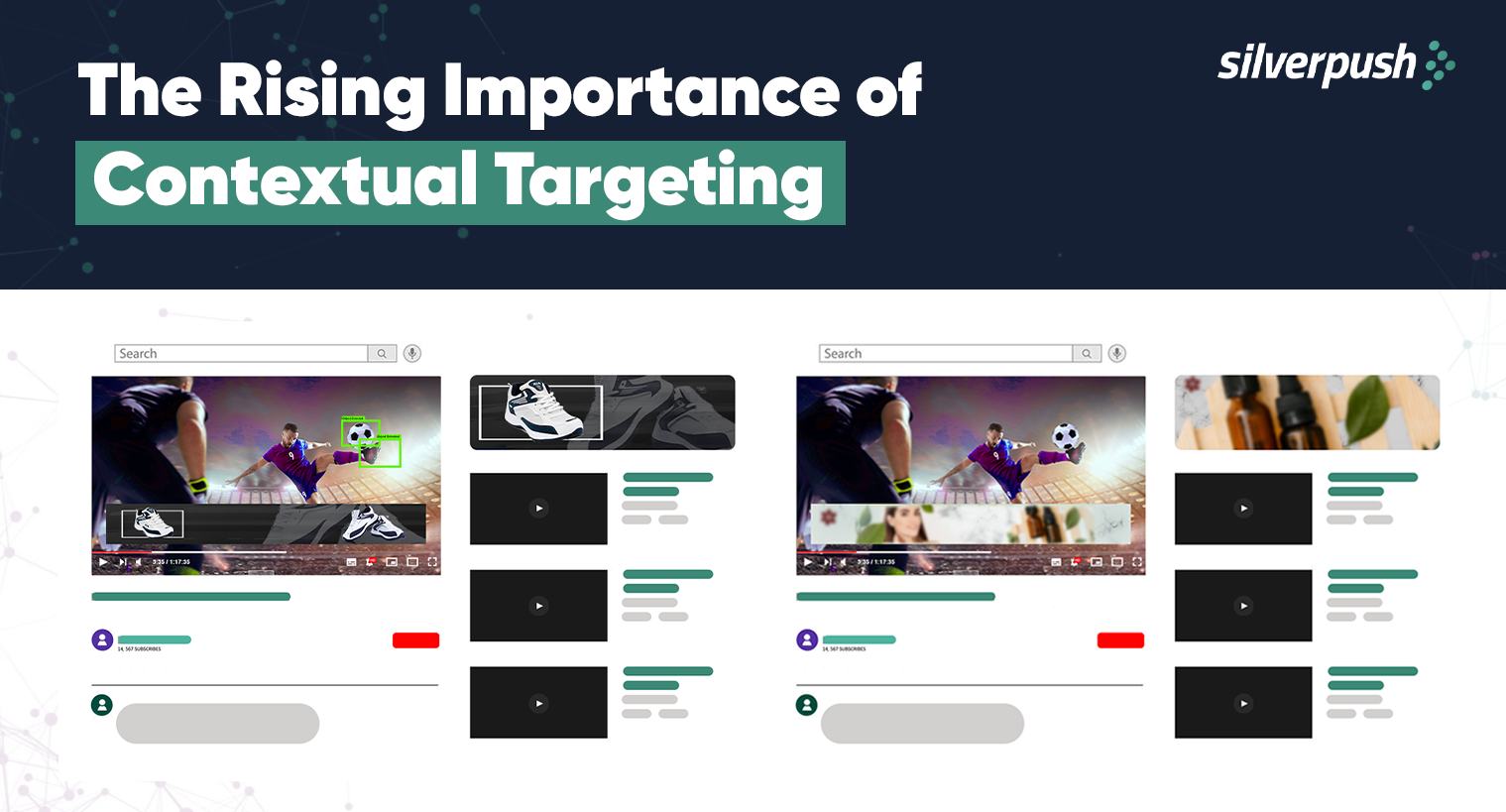
Source:
4 reasons why contextual targeting matters more than ever
What is the reason why contextual targeting, which used to be hidden behind cookie-focused methods such as behavioral targeting, is now being reconsidered?
The specific factors are summarized below.
For example, if a publisher distributes a book that introduces vegan recipes to web pages that match keywords such as “vegan” and “vegetarian”, even if the article appears to be about veganism, as shown in the image above, If you read the overall flow of the text, you can see that the content is negative against vegetarianism. Since AI can now understand these sentiments, this web page can be removed from the advertising list and displayed on another web page that is most suitable for the advertiser.
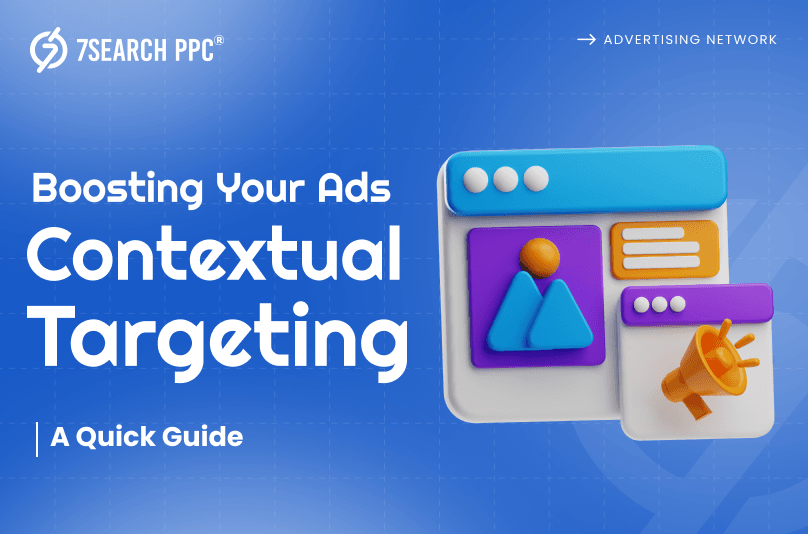
summary

Today’s contextual targeting has become “contextual intelligence” equipped with AI technology, making it possible to find more precisely relevant pages. Until new solutions emerge to replace cookies, contextual intelligence may be the key to digital advertising success.
Source:
4 reasons why contextual targeting matters more than ever





